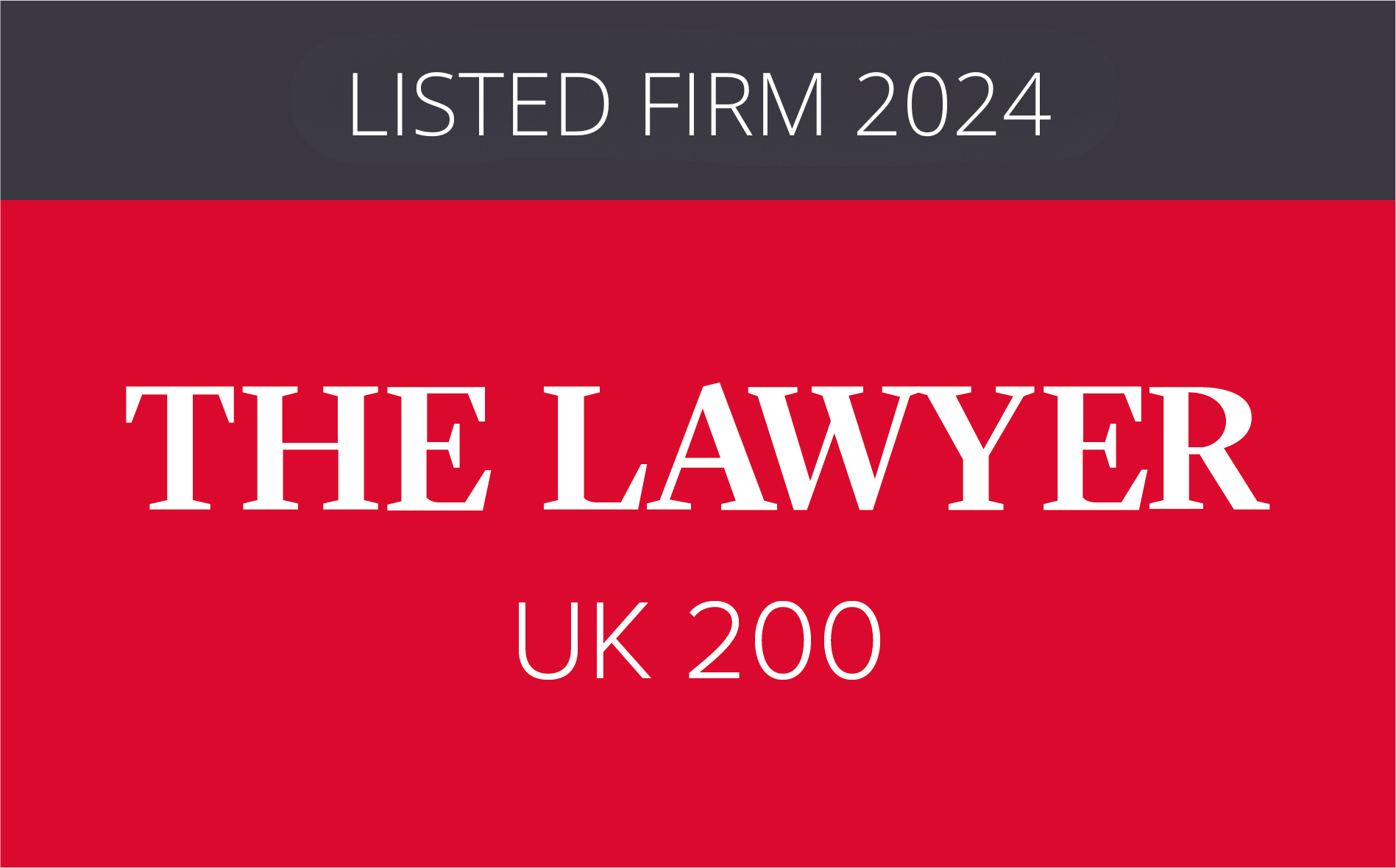- Bromley020 8290 0333
Landlords face routine inspections in move to improve social housing
The Government is introducing routine inspections for social housing landlords to improve living conditions. Non-compliance could lead to sanctions, including fines and new management. These measures, part of the Social Housing (Regulation) Act, aim to ensure decent homes and fair treatment for tenants, addressing issues highlighted by the Grenfell Tower tragedy.
The Government is introducing new measures to improve living conditions for social housing residents. Ministers say failing social housing providers need to raise standards, to ensure all tenants live in decent homes and are treated with fairness and respect. Landlords will now be routinely inspected and held to account, to make sure they provide quality homes and services. Those who do not abide by these new rules face a range of potential sanctions, including appointing new management or unlimited fines.
This represents the most significant change to the regulation of social housing in a decade and follows the Social Housing (Regulation) Act, a landmark moment for the social housing sector. These new powers mean the Regulator can take action where providers fall short.
The rules now require landlords to:
- Have an accurate record on the condition of every home, based on checks of properties so landlords can understand any problems and take action.
- Set clear timelines for the completion of repairs, maintenance and planned improvements, communicating them clearly to tenants.
- Give tenants opportunities to influence and scrutinise their landlord’s services such as through meetings with tenant organisations.
- Provide tenants with information about their rights and how to make complaints.
- Publish the new tenant satisfaction measures to make it clear how tenants feel their landlord is performing and hold them to account.
Minister for Social Housing Baroness Scott said: “This is a significant milestone in our work to put right some of the issues laid bare by the devastating Grenfell Tower tragedy.”
Fiona MacGregor, Chief Executive of the Regulator of Social Housing said: “We welcome the new powers, which will put our consumer regulation on an equal footing with our economic role. We will hold landlords to account for delivering the outcomes of our new consumer standards and drive improvement across the social housing sector, for the benefit of tenants.”
The introduction of the new regime is just one of the measures the Government is taking to drive up the quality of social housing, having recently consulted on Awaab’s Law, which will introduce new requirements for landlords to remove hazards in social homes within fixed timeframes. The Government is also consulting on new competence and conduct requirements, to ensure that social housing staff have the skills, knowledge and experience to deliver good quality services.
At the same time, the existing social housing rent settlement will be rolled over by a further year until April 2026, so annual rent increases will continue to be capped at Consumer Price Index (CPI) plus one percentage point for 2025-26. This provides greater certainty for social housing tenants and landlords about levels of rent next year in light of the new consumer regulation regime.
To further hold landlords to account, they are now required by law to follow the requirements of the Housing Ombudsman Service’s Complaint Handling Code. This means all social landlords will now have to respond to complaints effectively and within set timescales, ending the postcode lottery on complaint responses previously experienced by residents.
If you would like more information about the issues raised in this article or any aspect of social housing management or commercial property law, please contact a member of our team on 020 8290 0333 or email info@judge-priestley.co.uk
For further information on our Housing Management services, please click here.
For further information on our Commercial Property services, please click here.











